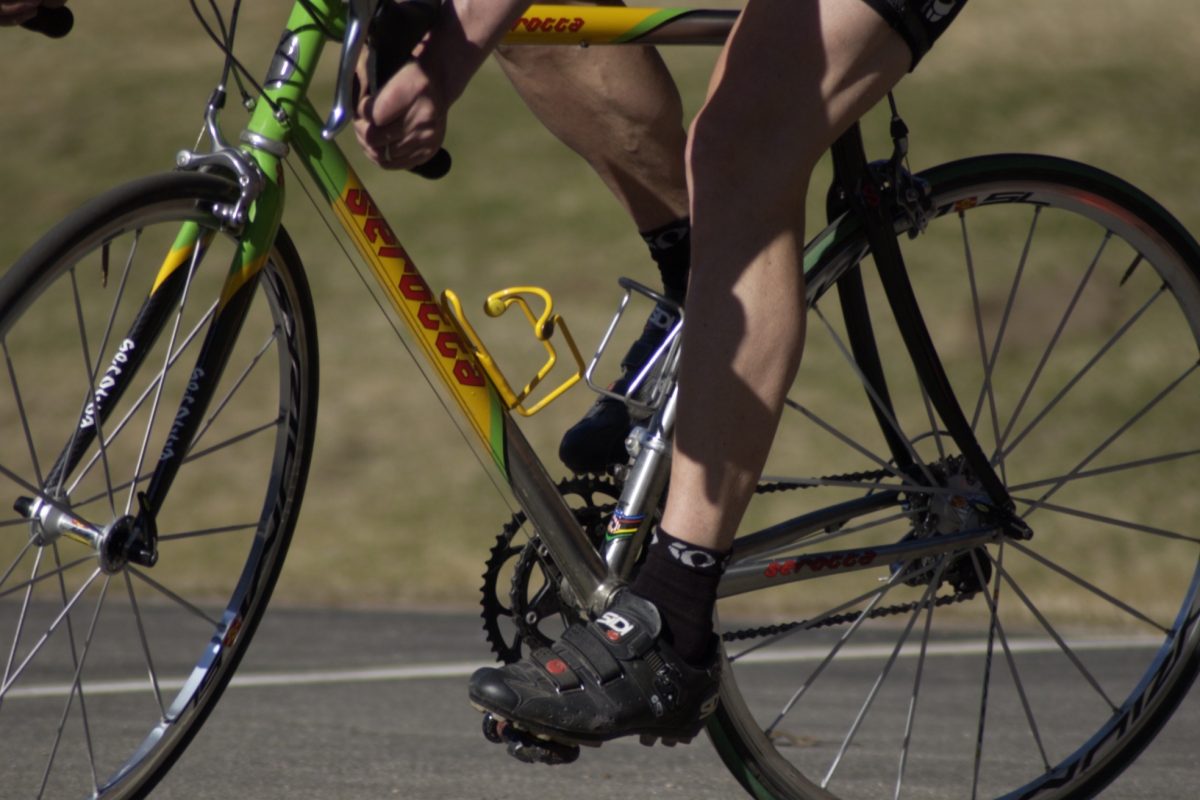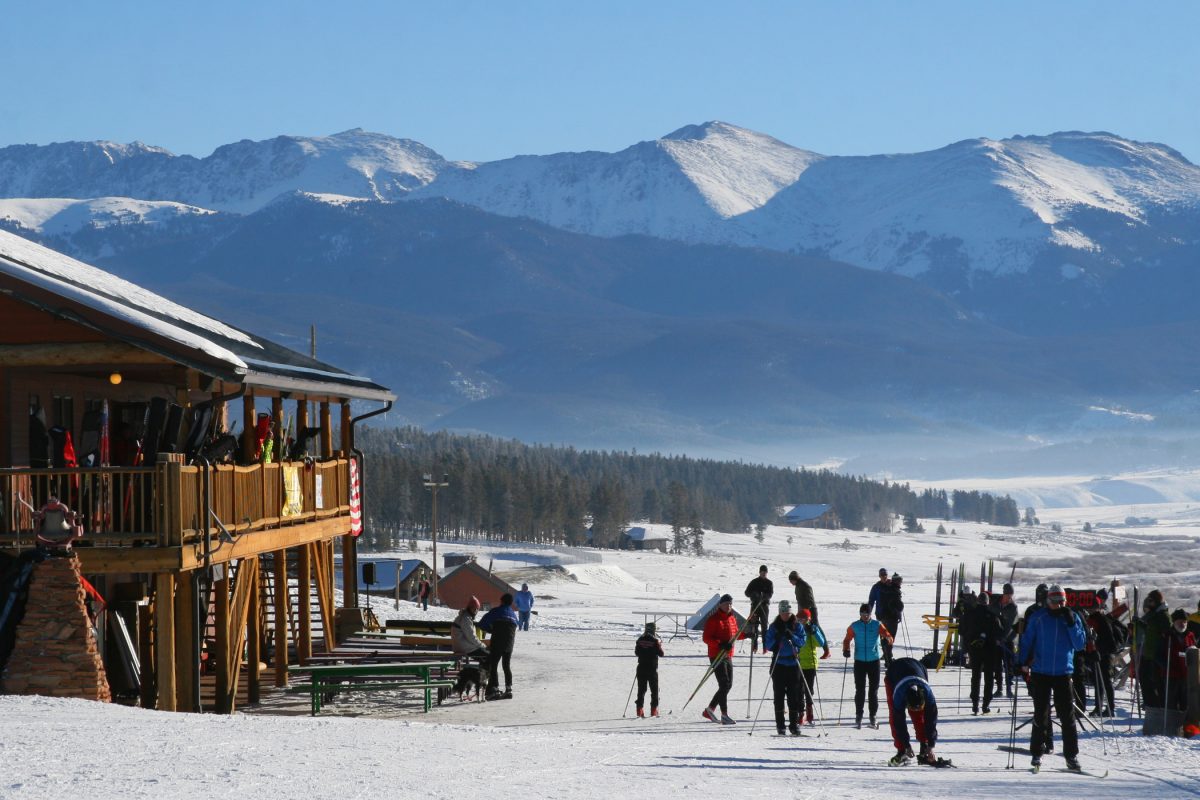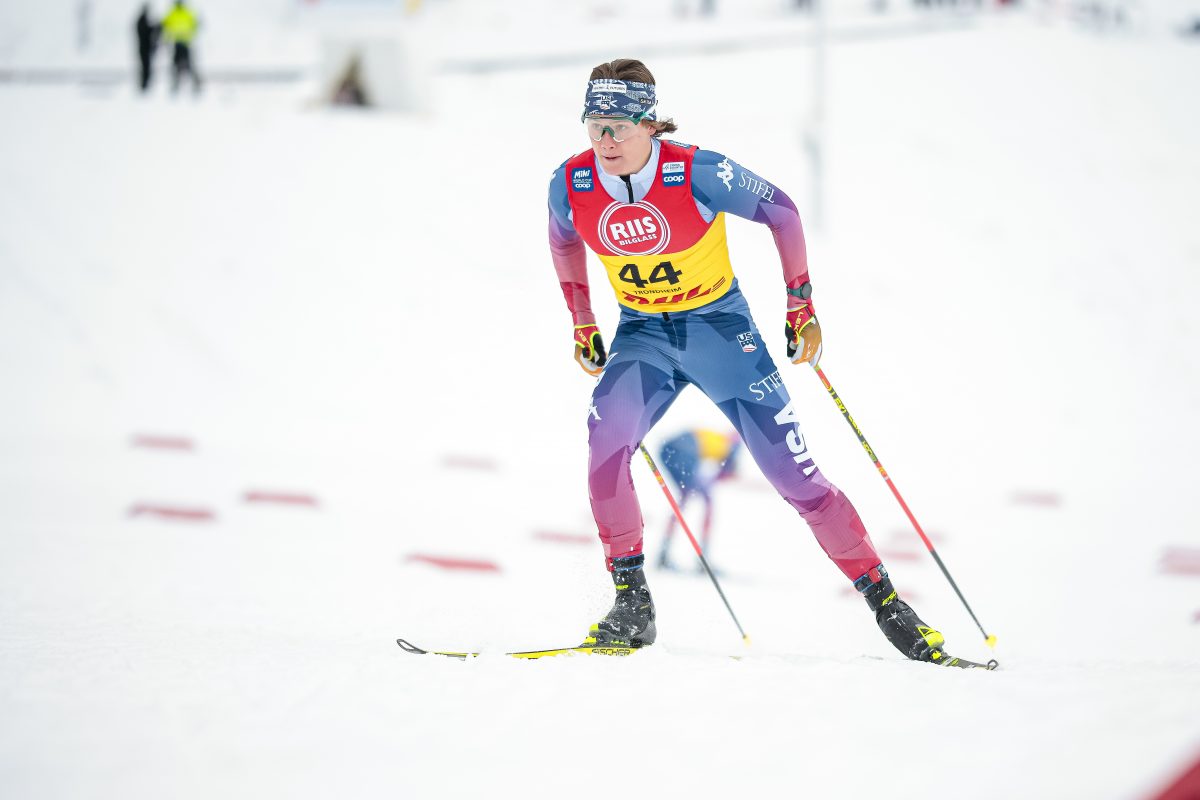
The summer is in full swing. For athletes, that means building up your training base with long workouts, intensity sessions, and time in running shoes and on rollerskis. While the training is what will keep you fast for those race weekends in January and February, during July and August, the season can seem a long way off. The temptation to have a barbeque with your friends, knock back a few of your favorite adult drinks, then still head out for a long rollerski or run the next morning exists. How much harm can it do?
In an attempt to learn a little bit more about alcohol and its relation with training, FasterSkier contacted Dr. Larry Gaul, cardiologist, head team physician for the U.S. Ski Team nordic disciplines, and the United States’ medical representative to the International Ski Federation’s medical committee. Dr. Gaul stressed the importance of being extremely careful about alcohol consumption and training.
Say you and your male ski team buddies, weighing roughly 160lbs, are having a barbecue on Saturday night. You are drinking a few beers, talking about the great three-hour rollerski you’re going to go on the next morning at 7 AM, and how much fun it will be. After six or seven drinks in two hours, you all head to bed, intent on getting up and putting in a great distance workout.
Dr. Gaul saw several problems with this scenario. Depending on the individual, you could still be impaired upon starting your workout the next morning. “Alcohol acts as a sedative–it depresses all sorts of thinking skills and reaction time,” Gaul said. “It’s safe to say that if you are drunk, there is no part of the brain that works better.”
After the safety concerns, the devastating dehydrating effect of alcohol is one of the most important. “You’re starting dehydrated, at the cellular level, almost certainly,” said Gaul, “I’ve seen estimates of a decrease in performance by 20 percent from modest dehydration, and I think we have all seen people more dehydrated, who have collapsed.”
Second, alcohol is an acute toxin to the heart. According to Dr. Gaul, alcohol poisons or inhibits heart function. He cited two ways in which the heart is affected – its pumping ability, and its creation of abnormal electrical signals.

With respect to training, both have negative effects. As you impair the heart pumping ability, “you would be working at a much higher work load at any given effort,” said Gaul. And, he continued, “the available evidence that is out there would suggest that just because you are working harder, doesn’t mean you are getting more training effect. You have inhibited all the muscle function, and in a dehydrated condition it will be destructive rather than constructive.”
As for the abnormal electrical signals in the heart, Dr. Gaul explained that it will result in “an abnormally high heart rate during exercise.” Additionally, the abnormal electrical activity makes it “extremely uncomfortable to train,” and prolongs recovery time.
Furthermore, in terms of technique, “if you still have alcohol in your system, you won’t learn it,” said Gaul. Alcohol impairs neuromuscular transmissions in the brain, crucial to developing the pathways needed for repetitive motions such as ski technique.
While it depends on the person, Dr. Gaul suggests a maximum of two to three drinks for a man, and for a woman, one or two. However, he pointed out that even with one drink, reaction time and heart function is inhibited.
If you do find yourself in a situation where you have consumed a bit too much alcohol the night before a workout, Gaul still has some suggestions. “You’re not going to get much training effect from a hard exercise session–instead, just go for an easy jog or an easy rollerski,” he said. “Allow yourself to recover, not push the envelope. If you do overindulge, drink a bunch of sport drink and lay low for a few days.”
In the long term, Dr. Gaul emphasized that the effects of alcohol on the heart and brain are “dose dependent,” meaning that the more you do it and the longer you do it, the greater the chance that your health will be significantly impacted in the long run.
According to Dr. Gaul, heavy drinking over the long term will seriously impair your ability to train and exercise well. “You have to be agile and fairly quick [in skiing], and if you can’t do that, your risk of injury is much greater,” he said.
Lastly, Dr. Gaul also stressed that chronic alcohol abuse results in a loss of brain matter, which affects thinking, reaction time and neuromuscular programming, all of which have a detrimental effect on not just on your skiing ability, but your overall health.




6 comments
Andy_Hardy
July 28, 2010 at 12:08 pm
Worst news all week for me. Most of my workouts include a beer “feed”.
crashtestxc
July 28, 2010 at 12:53 pm
So if I’m hanging with the bros one day (all weighing around 170 lbs.) and we decide that only two things need to be accomplished that day: getting totally slammed and rocking out on the rollerskis, basically I should finish my workout and “then” get hammered…Got it!
Tim Kelley
July 29, 2010 at 2:14 am
Dr. Gaul’s advice seems very good. But I think many will take issue with his statement: “a maximum of two to three drinks for a man, and for a woman, one or two.” That’s a sexist statement, a put-down on women. If a woman wants to drink as much or more than a man … then by all means she should be encouraged to do so.
acjospe
July 29, 2010 at 8:51 am
Tim, I assume comment you view as sexist has to do with typical body weights for the different sexes, not meant as a put-down.
I’d like to know if there are any long-term effects on your training from that one night of drinking, as opposed to effects from long-term drinking. In college we (the ski team) were told that one night of heavy drinking negates 14 days of training – is there any validity to this statement? Thanks.
crashtestxc
July 29, 2010 at 2:44 pm
I like those “big” girls too!!
nexer
July 29, 2010 at 9:41 pm
This is why the Brits are good at darts and not at skiing.